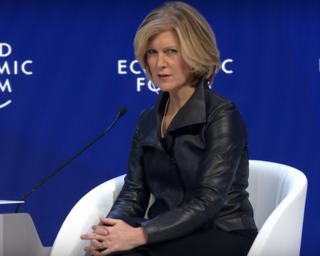A Quote by Sung Kang
I think the world is becoming more global. Because of economics, you have to feed the demographics that are buying your product.
Related Quotes
I do sense, as compared with let's say the early '50s, there's somewhat more of a careerism. I don't think it's anything special to economics; it's equally true with physics or biology. A graduate education has become a more career-oriented thing, and part of that is because of the need for funding. In fact, that's a much worse problem in the natural sciences than it is in economics. So you can't even do your work in the natural sciences, particularly, and even to some extent in economics, without funding.
Being branded to some subset of your fans is important when it comes to creating films and characters they're not familiar with. It's enormously difficult to market to a global audience, and it's becoming more difficult. A brand matters to parents, whereas kids are largely driven by their urgent reaction to the product. In the future, where there are going to be choices that have to be made by parents because it will be prohibitively expensive to access everything, those will be driven partially by brand.
Now I've come to such a mixed culture: America, Europe, South America, Africa. And the politics are changing everywhere all the time and becoming even more unpredictable. There's no such thing as "fixed" culture. China is also becoming more global. Its problems are becoming international problems, becoming German problems, becoming American problems. Nothing is clear-cut. Perhaps I'll find my way - or get totally lost.
I can't deny the impact of, obviously, becoming a father and having my son come into this world, and even becoming a husband. The irony is that, when people think that in certain ways it softens you, in many ways, I'm more defensive and more on guard and more frightened and more angry at everything in this world now that I have them to worry about.
One of the most abused country on earth is Mexico. The marketing spills over the border, and people are persuaded to eat food that's bad for them, more in rich countries than in poor ones. I was traveling the world. What really struck me was the way we engage with food - how it's a global phenomenon - the world becoming more and more disconnected from it.
Fine things in wood are important, not only aesthetically, as oddities or rarities, but because we are becoming aware of the fact that much of our life is spent buying and discarding, and buying again, things that are not good. Some of us long to have at least something, somewhere, which will give us harmony and a sense of durability—I won’t say permanence, but durability—things that, through the years, become more and more beautiful, things we can leave to our children.



































